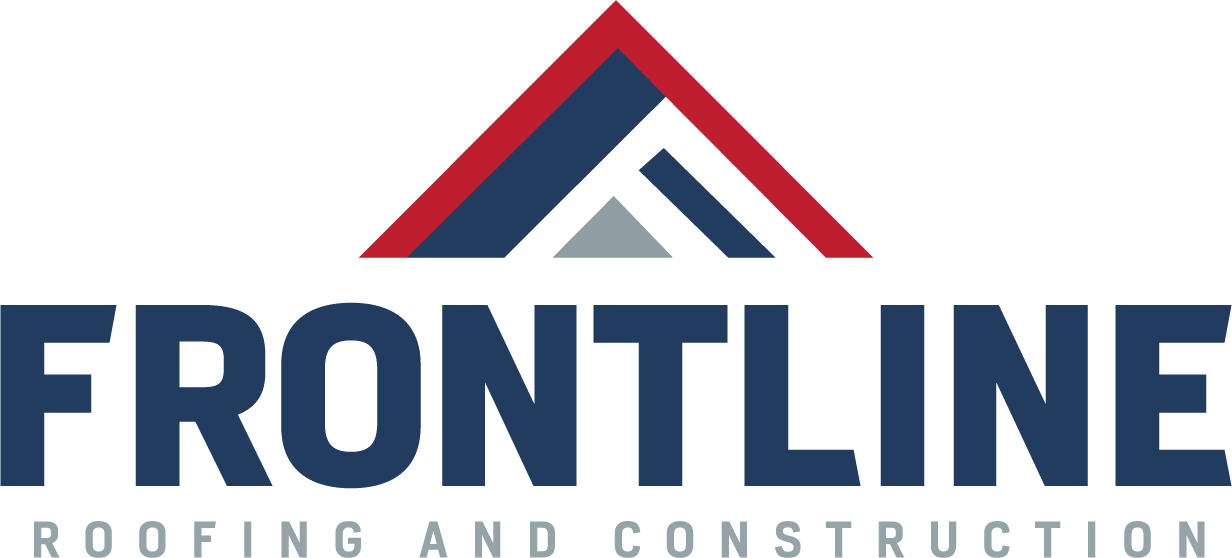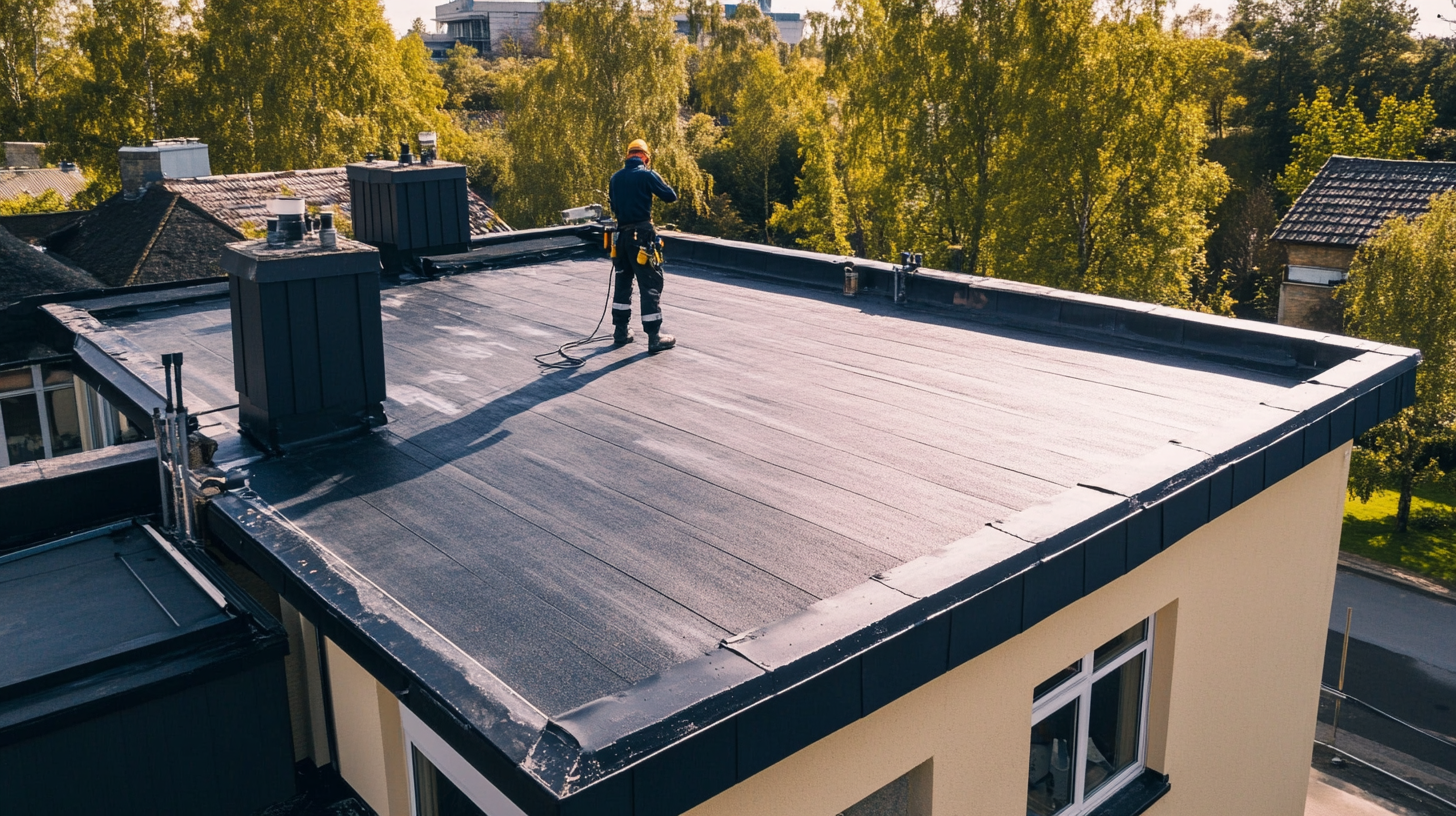Why Commercial Roofing Requires Specialized Expertise
At Frontline Roofing & Construction, we often hear the question: "Isn’t a roof just a roof?" The short answer? Not quite. While the basic idea—keeping the elements out—remains the same, the complexity, materials, and demands of a commercial roof are a completely different ballgame compared to your average residential roof.
If you're a property manager, business owner, or facilities director, understanding why commercial roofing requires specialized expertise can help you make smarter decisions, protect your investment, and avoid costly mistakes. Let’s break it all down.
It’s Not Just Bigger, It’s More Complex
Yes, commercial roofs are typically larger than residential ones, but that’s just the beginning. The structure of a commercial roof is fundamentally different. Most are flat or low-slope, which means they’re more prone to drainage issues and water pooling—something residential roofs rarely deal with.
Plus, these roofs often support heavy HVAC units, solar panels, or other equipment. Installing these without proper reinforcement or planning? That’s a disaster waiting to happen. A commercial roofer needs to understand load-bearing capacities, how to integrate units without compromising the waterproofing, and how to lay out drainage paths to handle runoff efficiently.
The Material Game is Totally Different
When it comes to materials, commercial roofs use products that most homeowners have never heard of. Think TPO (Thermoplastic Olefin), EPDM (rubber roofing), or PVC membranes. These aren’t just slapped on with nails and hopes—they require specialized tools, adhesives, welding techniques, and experience to install correctly.
Each material has its own benefits and quirks:
TPO is great for energy efficiency and UV resistance.
EPDM is known for durability and affordability.
PVC offers excellent chemical resistance for restaurants or factories.
Choosing the right one isn’t just a matter of budget—it’s about matching the material to the building’s purpose, climate, and even local codes.
Regulations Are More Intense
Commercial roofing is heavily regulated. From fire resistance ratings to insulation requirements and wind uplift standards, commercial projects have to meet strict local, state, and federal building codes.
And let’s not forget OSHA safety standards. Working on a commercial roof requires rigorous training in fall protection, safety harness use, and equipment handling. The insurance liabilities for commercial work are also significantly higher, meaning only seasoned professionals should be trusted with the job.
At Frontline Roofing & Construction, our team is trained and certified to meet all these requirements—and we stay up to date as codes evolve.
Drainage Is an Engineering Challenge
Flat roofs don’t have gravity working in their favor. Without the natural slope of a pitched roof, water doesn’t just “roll off.” Instead, commercial roofs need carefully designed internal drains, scuppers, or tapered insulation to direct water away from the building.
This is one of the most overlooked aspects of commercial roofing—and one of the most common causes of failure. Poor drainage can lead to ponding water, leaks, structural damage, and even collapse in extreme cases. This is why we work closely with engineers and architects during planning and installation.
More Moving Parts Mean More Coordination
A commercial roof isn’t just a lid—it’s a functional system that interacts with plumbing, electrical, HVAC, and ventilation infrastructure. During both new construction and replacement, roofing contractors must coordinate with multiple trades to ensure seamless integration.
For example:
HVAC curbs must be sealed and flashed properly.
Ventilation systems need moisture control.
Skylights or access hatches must be securely installed.
If even one detail is missed, it can compromise the entire roof. That’s why commercial roofing requires project managers who can think several steps ahead.
Maintenance Isn’t Optional—It’s Strategic
With residential roofs, it’s common to “fix it when it leaks.” But commercial buildings don’t have that luxury. A single leak can disrupt operations, damage expensive equipment, or violate lease agreements. That’s why smart companies invest in planned maintenance programs.
We offer custom maintenance schedules that include:
Regular inspections
Minor repairs before they become major
Drain cleaning and debris removal
Photo documentation for recordkeeping
This proactive approach doesn’t just extend the roof’s life—it helps you budget for future repairs and replacements without surprises.
Reputation Matters
In commercial roofing, cutting corners is costly. That’s why businesses choose roofing contractors based on experience, credentials, and track record—not just price. At Frontline Roofing & Construction, we’ve built our reputation on transparency, quality craftsmanship, and long-term value.
We’re proud to be certified installers for industry-leading materials, and we back our work with comprehensive warranties and maintenance packages.
A Final Word: Don’t Settle for Less
A commercial roof is one of the biggest capital investments a business will make. It protects your people, your products, and your property. So why trust it to anyone but a specialist?
Whether you're constructing a new facility, replacing an aging roof, or setting up a maintenance program, make sure your contractor understands the unique challenges of commercial roofing. It’s not just about getting the job done—it’s about getting it done right.
Ready to Talk Roofing?
If you’re ready to partner with a roofing company that understands the complexity and stakes of commercial projects, Frontline Roofing & Construction is here to help. Contact us today for a consultation or quote—we’re ready to bring our expertise to your rooftop.


